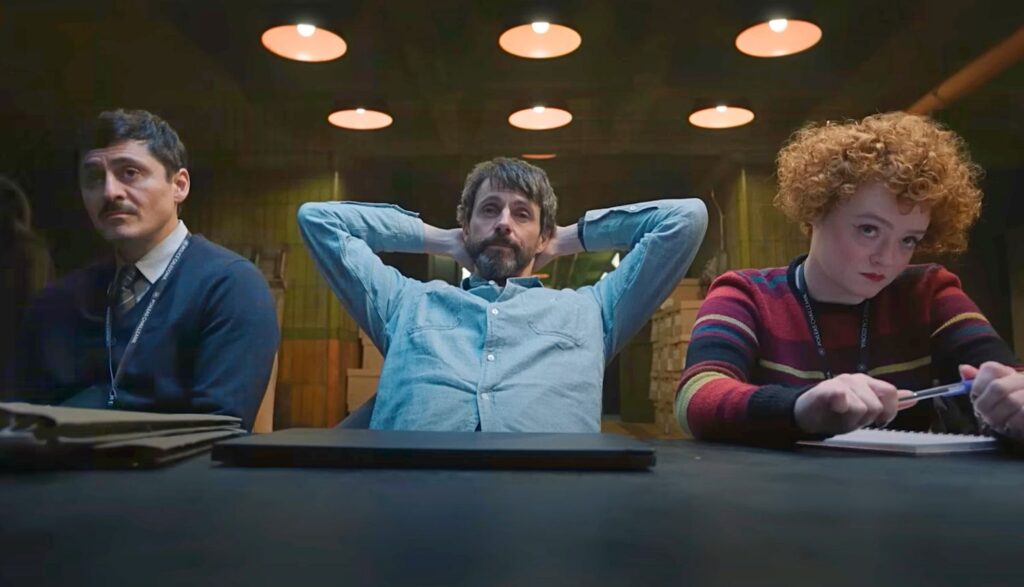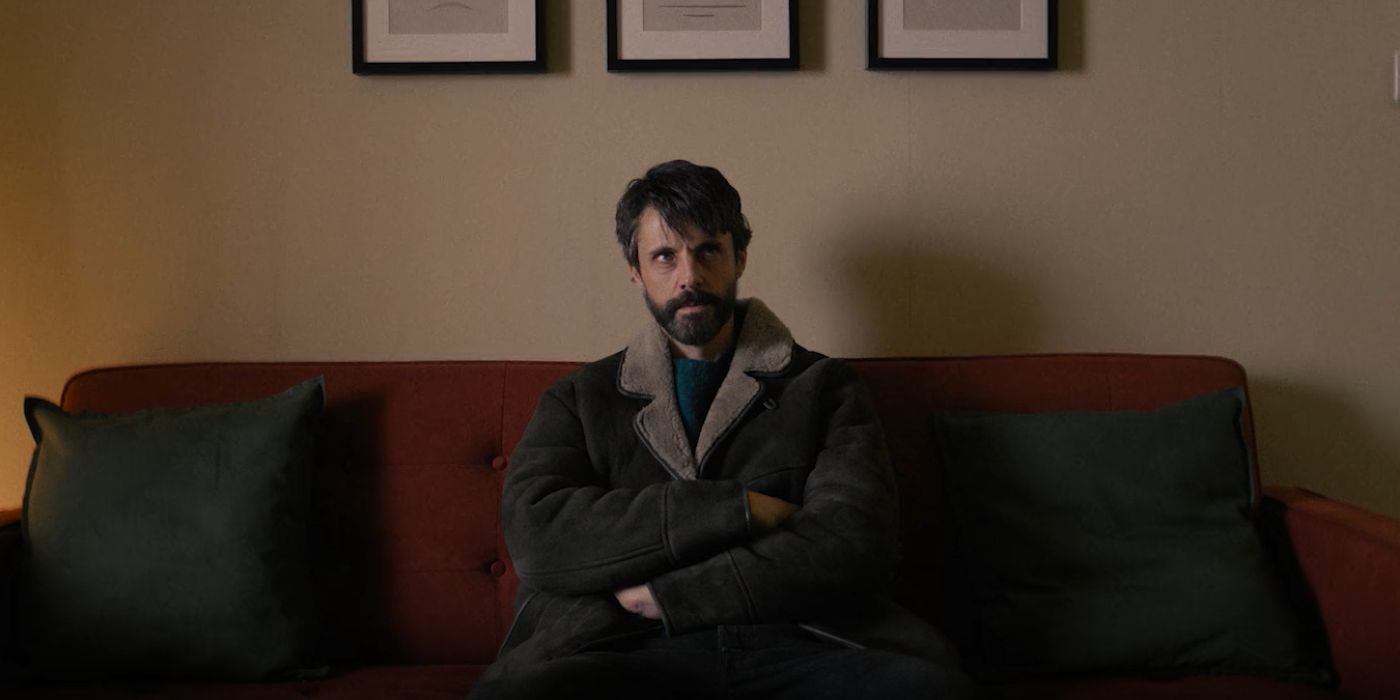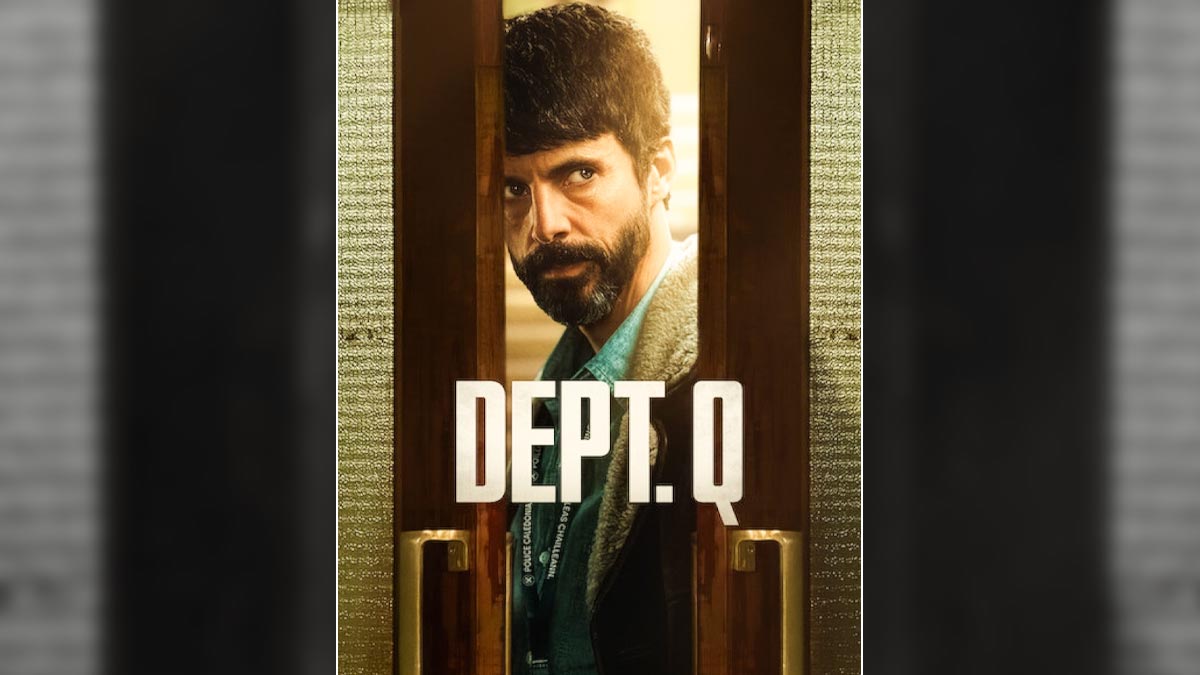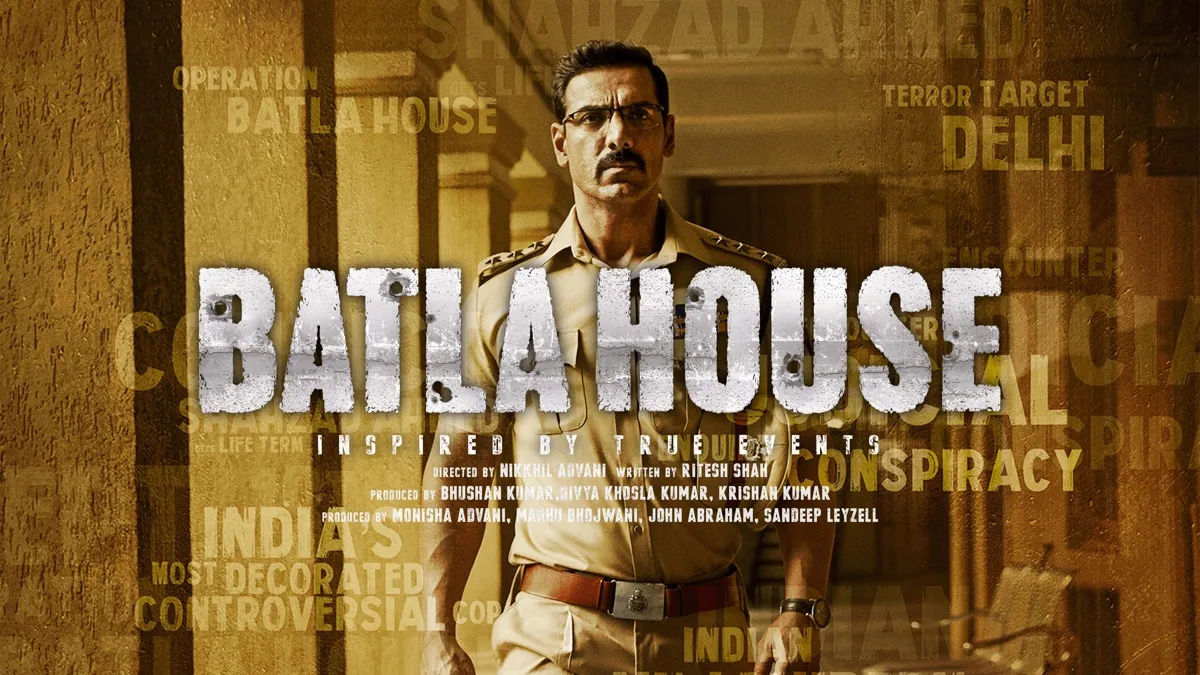"They buried the truth. He’s digging it back up."
In a place where cases are forgotten, people are erased, and justice is a luxury—Department Q doesn’t seek easy answers. They dig for truth, no matter how rotten it has become. Dept. Q is a quiet knock on the darkest doors of society, where long-buried crimes finally come back to life.
From Denmark to Hollywood: The haunted hunting the haunted
Based on the best-selling crime novel series by Danish author Jussi Adler-Olsen, Dept. Q (2025) marks the first Hollywood adaptation—written and directed by Scott Frank (The Queen’s Gambit, Logan). Unlike flashy thrillers, this is a noir tale driven not by explosions but by silence, trauma, and emotional wreckage.

At its heart is Carl Mørck (played by Matthew Rhys), a deeply broken detective reeling from a failed raid that left his partner dead. Demoted and emotionally numb, Carl is assigned to oversee Department Q—a cold case unit buried in the basement of the police department.
There, he’s joined by Assad (Ali Suliman), a quiet and principled officer who still believes in justice—even when the system doesn’t.

An old case—and a ghost that refuses to rest
The film’s first chapter, adapted from The Keeper of Lost Causes, revolves around the mysterious disappearance of politician Merete Lynggaard, presumed to have committed suicide years ago. But as Carl and Assad reopen the file, small inconsistencies begin to unravel the official story.
Erased recordings. Forgotten testimonies. Eyes that won’t meet theirs. And one persistent sound echoing through the film: a hollow banging on a metal door, somewhere no one wants to open.

A detective story built on silence, sorrow, and smothered justice
There are no car chases. No shootouts. Dept. Q builds its tension from quiet, from sterile lighting, razor-sharp dialogue, and the bleeding silence in the eyes of its characters. Carl is no hero—he’s a survivor. Rude, distant, but driven by a sense of guilt and an unshakable need to unearth what others tried to bury.

This is not just investigation—it’s excavation, digging through the rot of memory and institutional negligence, peeling back the façade of closure to reveal what still festers underneath.
Justice is no longer light—it’s a breathing darkness
Dept. Q (2025) isn’t for the impatient. It’s slow, heavy, and deliberate—like a wound that hasn’t healed. But in that pain lies its brilliance. This isn’t just a crime thriller—it’s a requiem for the forgotten, a meditation on guilt, silence, and the price of looking away.

-1749309081-q80.webp)

